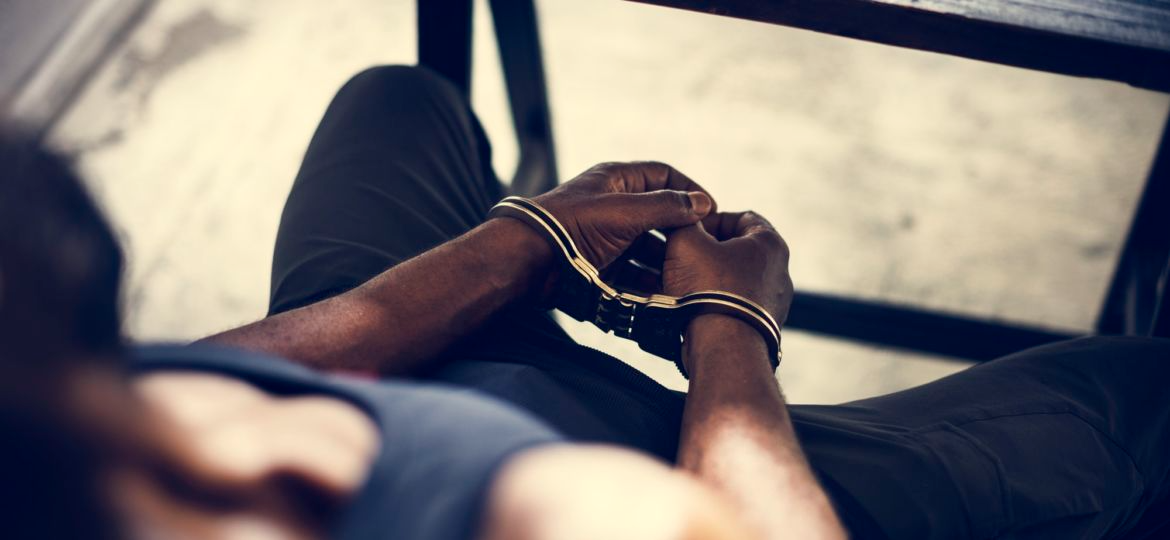
WHAT HAPPENS WHEN YOU ARE CHARGED WITH A CRIME
January 5, 2022
Many of our clients have not been through a criminal law matter and are seeking answers to the steps necessary for the process. A criminal charge happens when a governmental authority (e.g., public prosecutor or the police) makes a formal accusation asserting that somebody has committed a crime. Understand that if you are charged with a crime, we will walk you through this, but to be proactive, below is a brief outline of what you can expect:
- The alleged defendants are arraigned in front of a magistrate, and here they are read the charges.
- Allocation (Argumentation of bond) occurs before the magistrate.
- The matter is then scheduled for a probable cause conference with a district court judge
- For a felony matter, negotiations continue until a preliminary examination is held. The preliminary exam is like a mini-trial where the prosecutor must produce probable cause that a crime was committed and the alleged defendant is the one that did it. It is worth mentioning that, in a misdemeanor, pretrials are held to continue negations until a trial can be scheduled. In most cases, a misdemeanor will be resolved without going to trial.
- In a felony case, the file is bound over to circuit court. Bound over means the case is going to trial because there was probable cause to proceed to trial. From there, pretrial conferences are called status conferences or final settlement conferences. At these conferences or hearings, the court seeks an update from the prosecutor and defense counsel on negotiations or trial progress.
- If the parties don’t agree on a plea deal, the case will proceed to trial, including a jury selection and potentially a jury deliberation (if the trial is held). A bench trial is possible, which means the judge will determine the outcome if the parties agree and the defendant waives his right to a jury trial.
Generally, throughout all the steps of the criminal process, motions can be brought by an attorney on your behalf or by the prosecutor’s office and can result in additional hearings. A motion is when one of the parties asks the court to do something.
During your time on bond, you must not violate your conditions. That means no drugs and alcohol, continue to do drug testing, and if you are banned from social media, please don’t use it. Don’t let social media be the downfall and send you to jail or prison.
